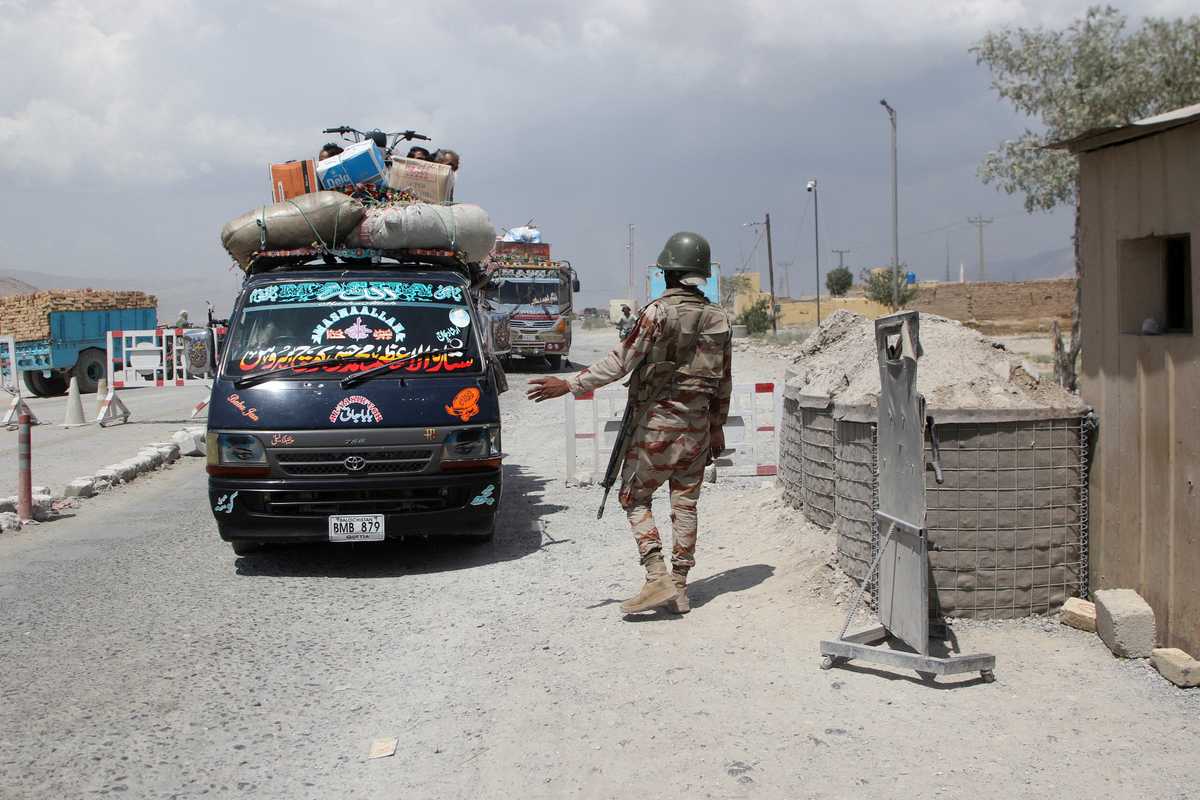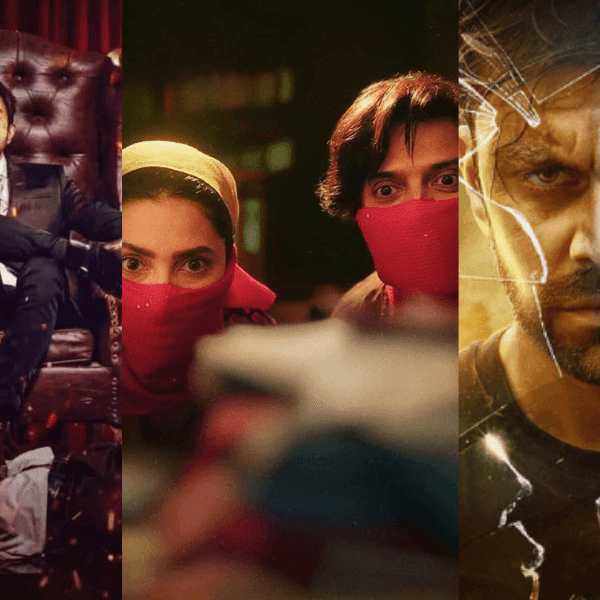News Desk
The News Desk provides timely and factual coverage of national and international events, with an emphasis on accuracy and clarity.

Outskirts of Quetta
Reuters
A policeman shot and killed a blasphemy suspect inside the lockup of a police station in Quetta, Pakistan on September 12.
The victim, identified as Abdul Ali was a resident of Kharotabad, a neighbourhood in Quetta. According to two reporters Nukta spoke to, Ali was accused of committing blasphemy because he described Pakistan's blasphemy laws as being "outdated".
Ali, said to be a supporter of the Pakhtunkhwa Milli Awami Party (PkMAP), was a vocal critic of the Jamiat Ulema-e-Islam -Fazl (JUI-F), both reporters confirmed. In a video recorded while driving, Ali condemned the JUI-F for exploiting blasphemy issues for political gain. PkMAP is an ethnic party, while JUI-F is a right-wing religious party.
The video quickly went viral, drawing the ire of JUI-F members, who allegedly manipulated and edited his video to emphasize Ali’s comments. According to local reporters, they disseminated the altered video across social media and sent it to local officials, including the Imam of Kharotabad’s mosque.
As pressure mounted from JUI-F supporters, who barricaded roads and submitted the video to the police, authorities charged Ali with blasphemy and arrested him. He was transferred to the Kharotabad Police Station where a mob gathered outside, demanding the suspect be handed over to them.
Due to security concerns, the suspect was later transferred to Quetta Cantt Police Station. However, a constable assigned to Kharotabad, identified as Saad Khan Sarhadi, entered the lockup and shot Ali after speaking with fellow officers. Following the shooting, Sarhadi surrendered and was arrested.
Live streaming of people visiting the house of the police officer, who shot and killed the accused of #blasphemy, and congratulate his father. https://t.co/y4HOgS0IBL pic.twitter.com/Epek7MbmOT
— P.⚡️ (@TweetsOfPR) September 12, 2024
'JUI-F not involved'
However, speaking to Nukta, JUI-F Senator Kamran Murtaza denied his party's involvement in everything related to the incident. "Our party members neither manipulated the video nor instigated a social media campaign against him," he said.
Senator Murtaza asserted that his party members actually played a role in ensuring the suspect's safety until he was handed over to the police. “Any person who tries to falsely accuse someone of degrading the Prophet Muhammad (PBUH) is guilty of committing blasphemy themselves,” Murtaza stated, vouching for the integrity of JUI-F members.
The incident was raised in the upper house of parliament. Jamiat Ulema-e-Islam Pakistan (JUIP) Senator Abdul Shakoor Achakzai expressed support for the shooter, pledging to assist him with legal representation. “We will not tolerate any blasphemous comments against the Holy Prophet,” he emphasized, reiterating his commitment to defending religious sanctity.
There are reports that the father of the killer was lauded for his sons actions. Some social media accounts reported that the suspect's family was not allowed to bury him in his hometown of Pishin.
A deadly pattern
Blasphemy accusations have surged in Pakistan, where even a hint of alleged disrespect toward religious figures can lead to violent confrontations. Mobs and individuals feel emboldened to take justice into their own hands, resulting in a disturbing pattern of lynching and extrajudicial killings.
In most cases police officers have acted either as bystanders or direct participants, underscoring that those accused of blasphemy rarely receive a fair trial.
Human rights lawyer Jibran Nasir commented on the recent shooting, stating, “The incident that happened in Quetta is a murder which would also attract anti-terrorism laws. The Supreme Court in the Mumtaz Qadri Appeal set the precedent: when a police officer breaks the law, no concession can be provided to him and an example has to be set through giving the maximum sentence which in this case is death.”
The troubling involvement of law enforcement in blasphemy-related violence is not new. In 2003, Samuel Masih, a Christian accused of blasphemy for allegedly throwing rubbish in a mosque, was fatally attacked with a hammer by a policeman while under hospital guard.
Similarly, in 2014, a police officer in Punjab killed Tufail Naqvi, a mentally unstable man, after suspecting him of blasphemy, shortly after a Christian couple was lynched by a mob for alleged Quran desecration.
In July 2021, a policeman killed a man with a cleaver in Punjab over a long-standing grudge tied to a blasphemy accusation, further illustrating the ongoing trend of police involvement in such killings.
Asad Iqbal Butt, chairperson of the Human Rights Commission of Pakistan (HRCP), expressed deep concern, stating, “Pakistan’s society has increasingly moved toward anarchy and extremism, and police officials, as members of this society, can sometimes reflect the same mindsets as extremist groups. It is essential for the state to mandate comprehensive human rights training for law enforcement personnel.”
Butt also criticized the government for yielding to the demands of religious extremists while prosecuting individuals accused of blasphemy.







Comments
See what people are discussing